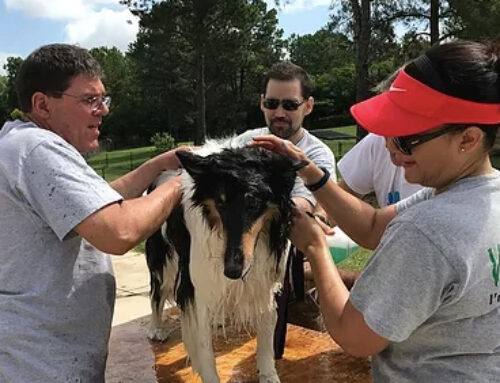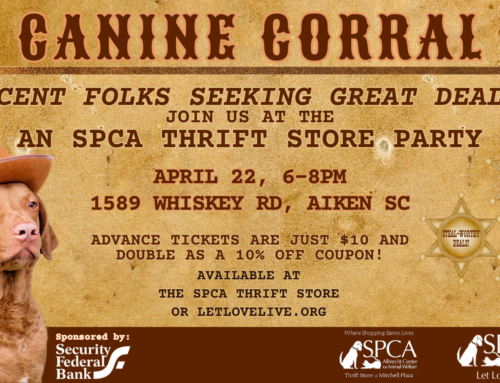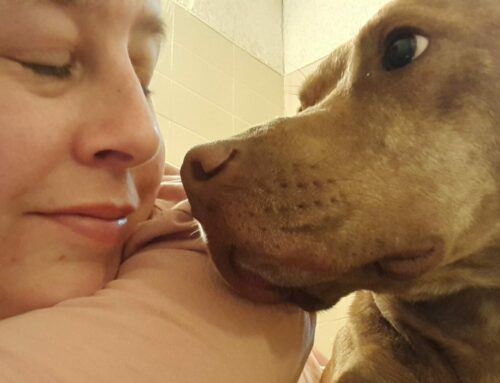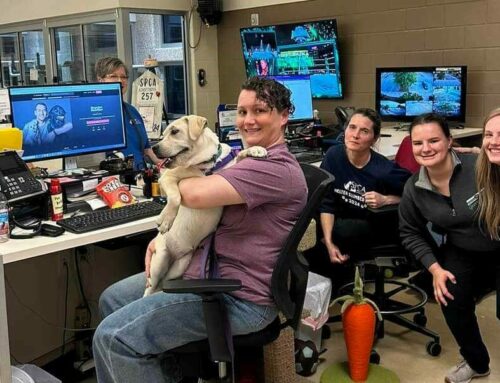By: Sarah A. Neikam, CAWA
In a society increasingly driven by issues of environmental conservation and animal welfare, the plight of shelter animals still remains a pressing concern. While staff and volunteers at the SPCA Albrecht Center for Animal Welfare work tirelessly to house and care for as many animals as possible, the truth remains that shelters in the southern U.S. continue to face a challenging issue: overpopulation of homeless pets.
But why is this trend so prevalent in the southern parts of the U.S. as compared to the north? A variety of factors contribute to this imbalance. First, warmer climates in the south encourage year-round breeding of animals, leading to a surge in the number of unwanted litters. Additionally, varying state and local laws around pet ownership can mean less stringent requirements for spay and neuter procedures. The lack of resources related to responsible pet ownership in some regions further exacerbates the issue. Consequently, shelters in the south find themselves under enormous pressure to accommodate a growing number of homeless animals.
This is where our compassionate and dedicated transport partners in come in. With lower rates of shelter animal populations, northern animal shelters are typically in a better position to find forever homes for our southern homeless pets. Last Friday, thanks to our friends at Charleston Animal Society and their transport team, we were able to send 32 cats on a transport to the Northeast Animal Shelter in Salem, MA, helping to alleviate some of the overpopulation strain on our own resources.
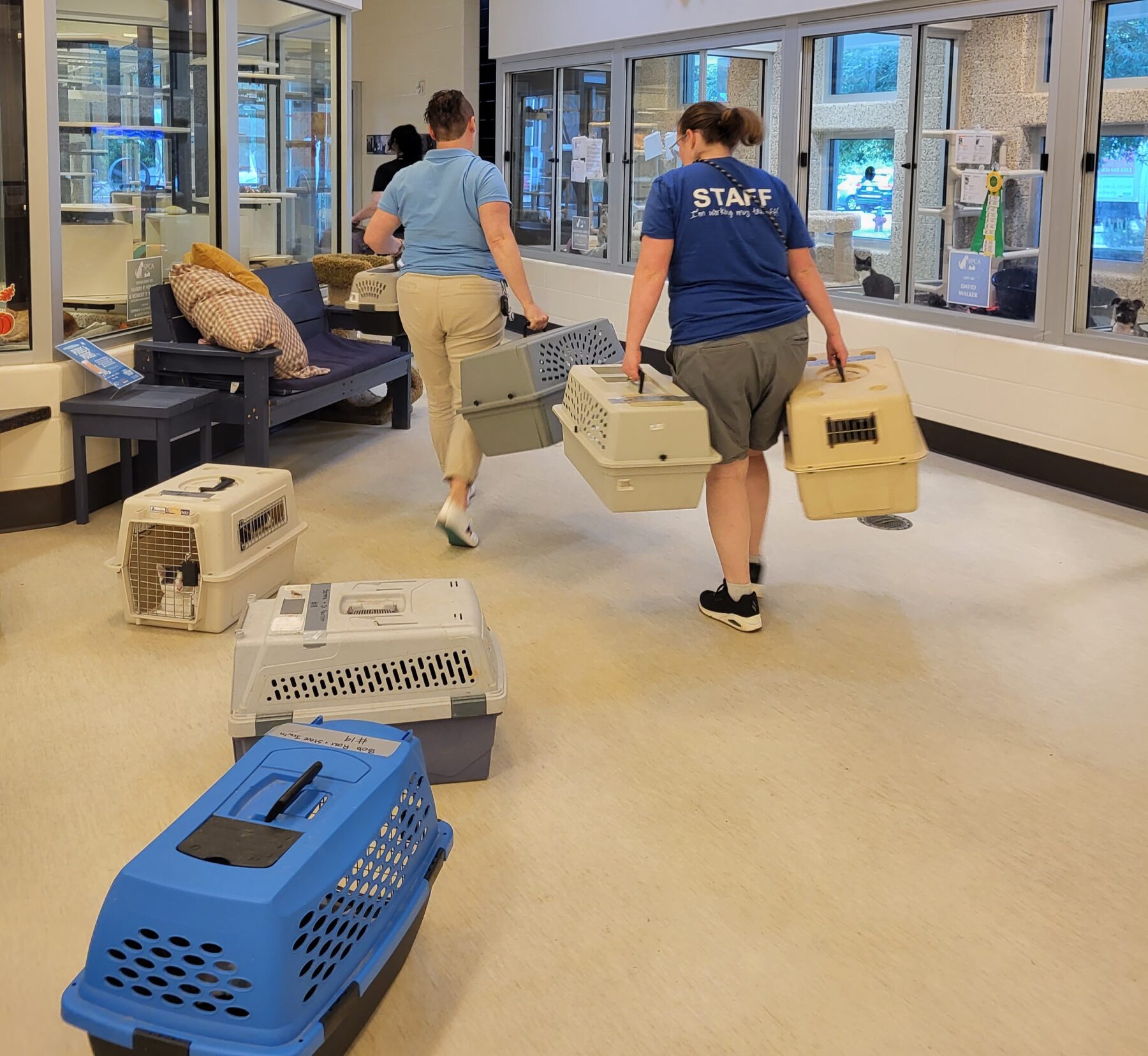
SPCA staff carry cats from the shelter to the awaiting transport van.
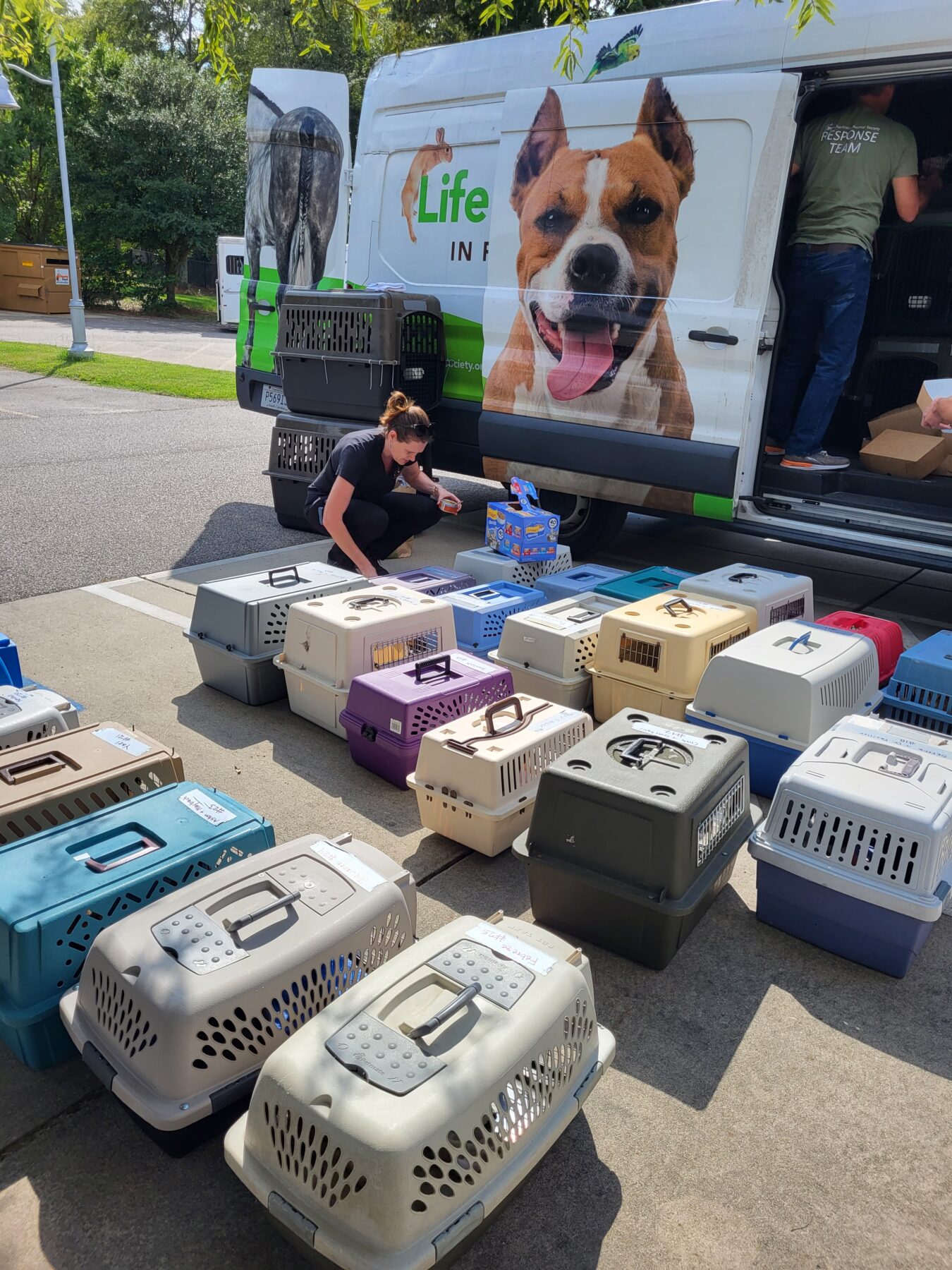
Cats wait to be loaded into Charleston Animal Society’s van.
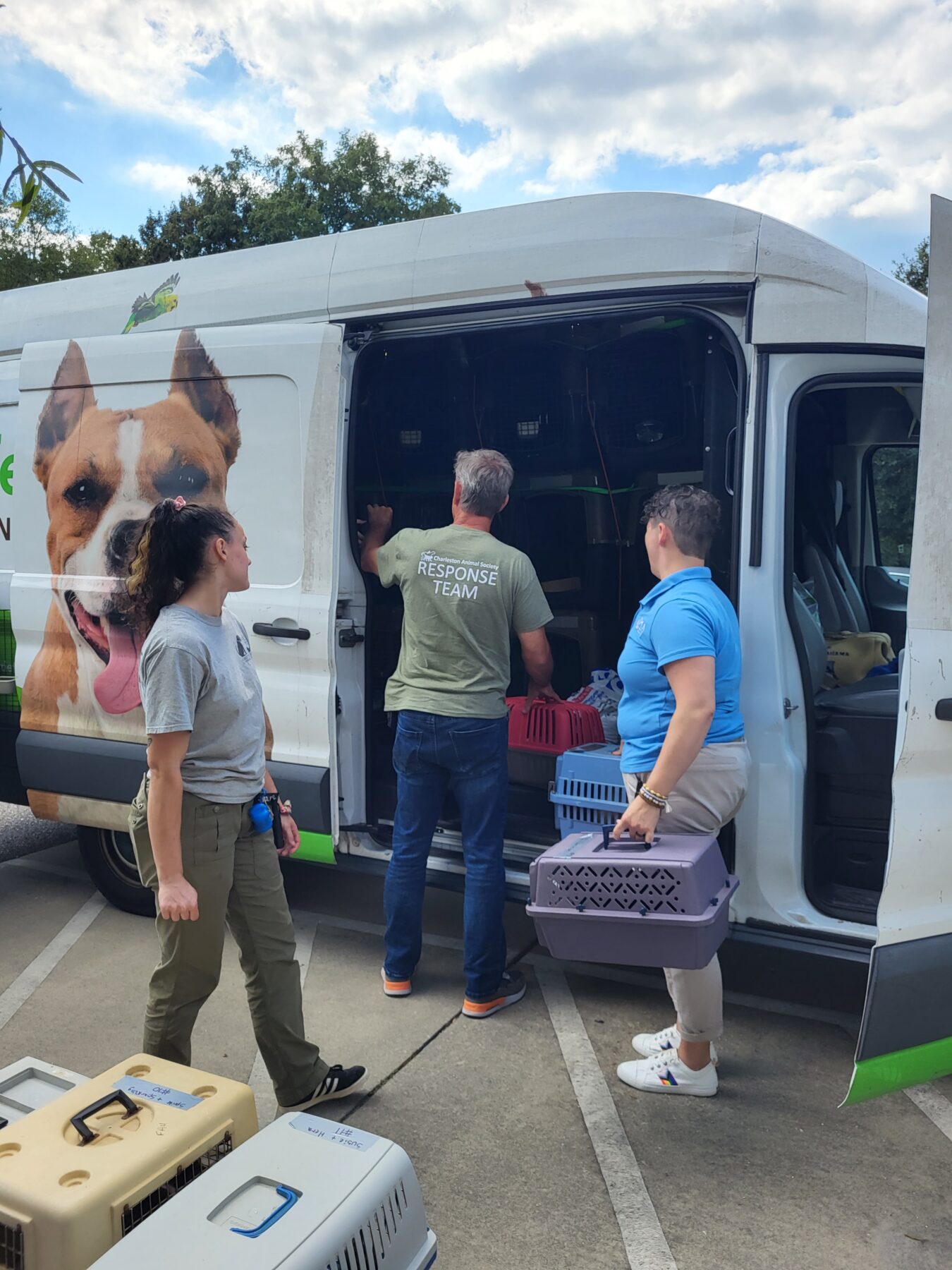
SPCA staff work with the transport team to securely and efficiently load cats into the van.
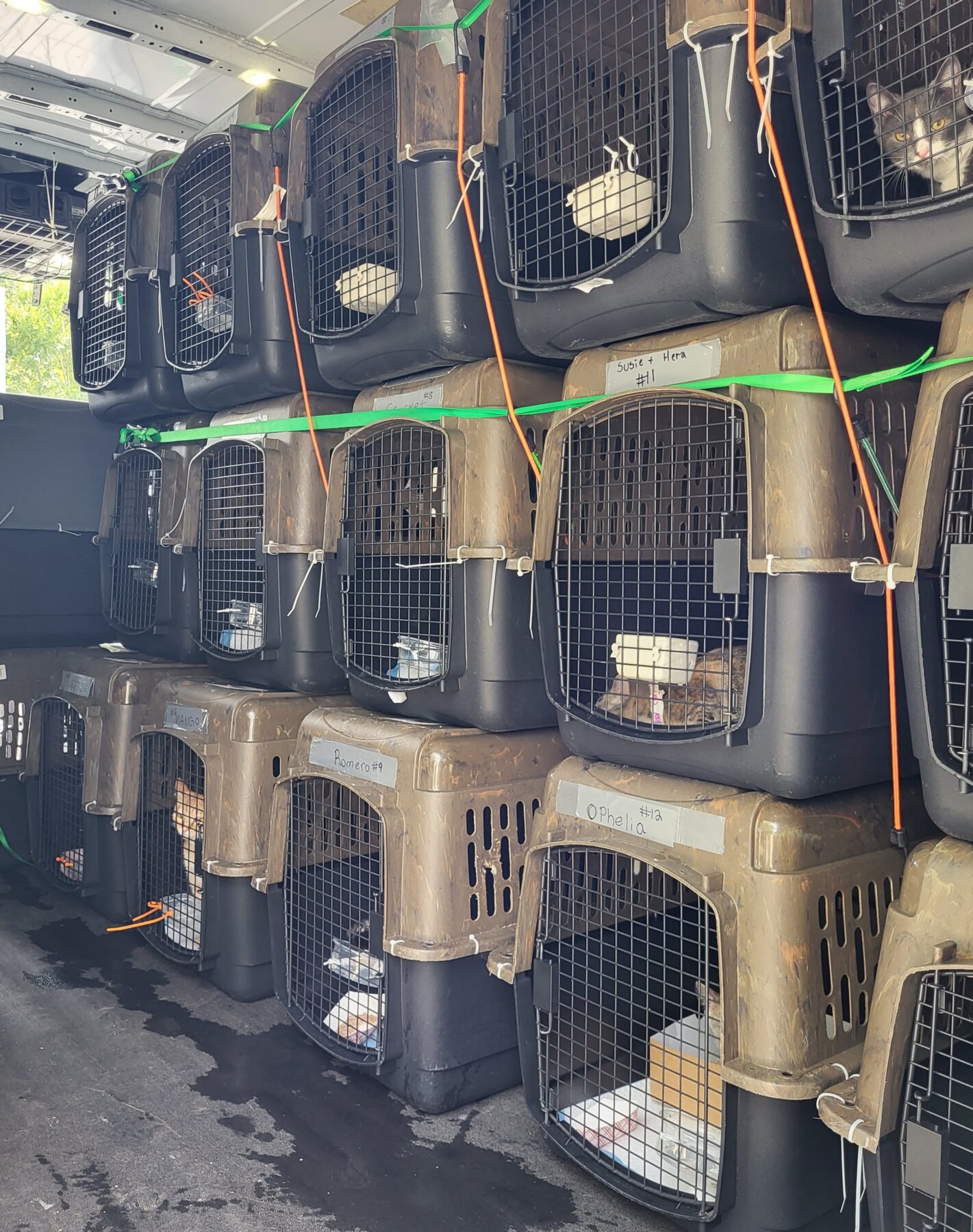
Cats are securely loaded into the transport van with litter boxes, food and water.
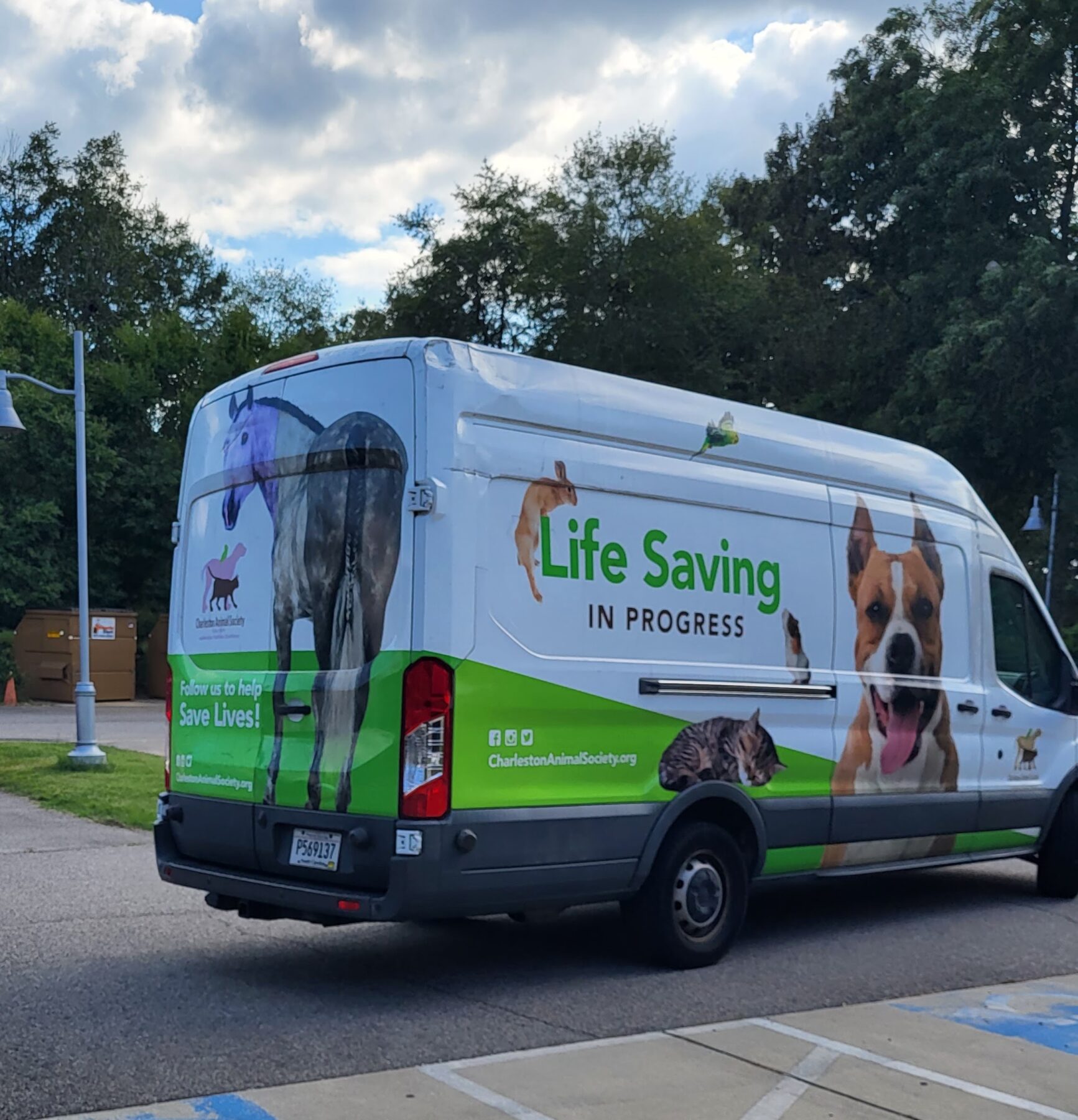
Safe travels and happy tails!
Transports like these enable our staff to allocate resources to other critical needs, like medical care and behavior training, which improves the quality of life for pets still in our care.
The exchange isn’t just one-sided; northern shelters benefit from a more diverse animal population, which in turn attracts a wider range of prospective adopters and transported pets have a higher chance of being adopted more quickly.
We want to extend our heartfelt thanks to our transport partners for their invaluable support. It’s a joint effort across state lines that sees only the mutual goal of ensuring a better life for these helpless creatures. The ties that bind us aren’t just logistical but deeply rooted in the compassion and love we share for animals.
Our work would be far more challenging without the assistance of our transport partners. These collaborations remind us that in the quest to offer a better life to animals, we are not alone. There is an intricate network of love, care, and strategic planning that makes it possible.
To our transport partners, you are the unsung heroes in our shelter pets’ journey toward a loving home. Thank you for being a part of this life-changing, life-saving effort.
Through collective actions and shared responsibilities, we inch closer to a future where every pet finds a loving home. Let’s celebrate these small yet significant victories and continue to work together for the greater good of our furry friends.


